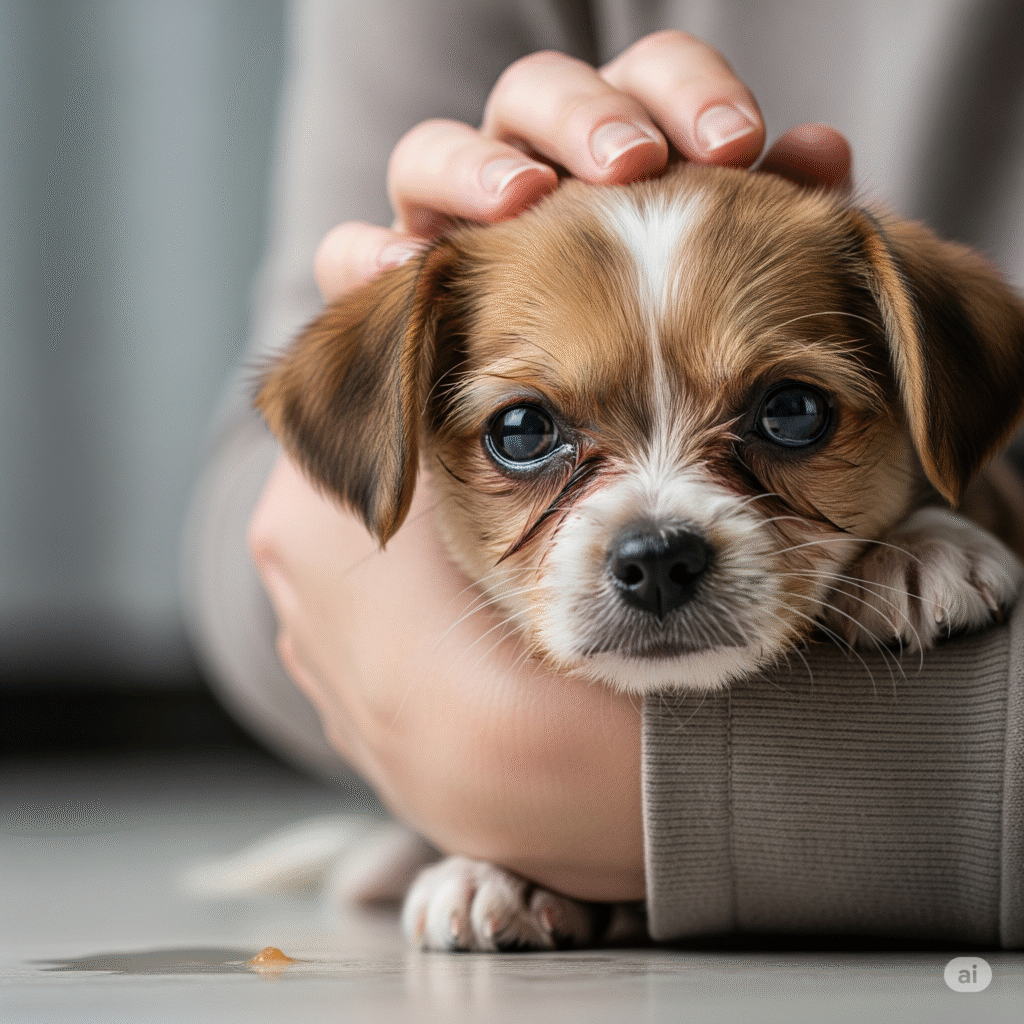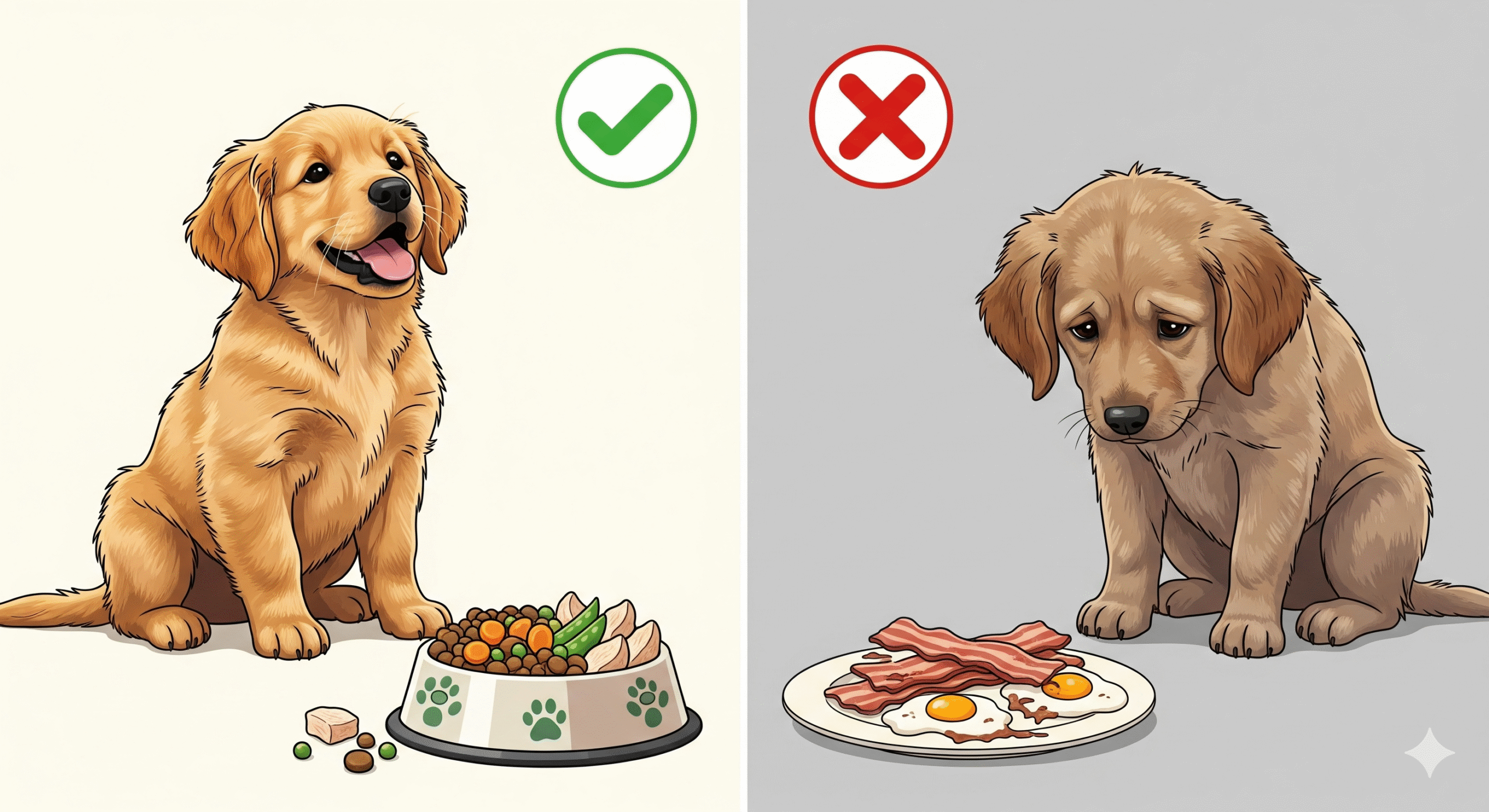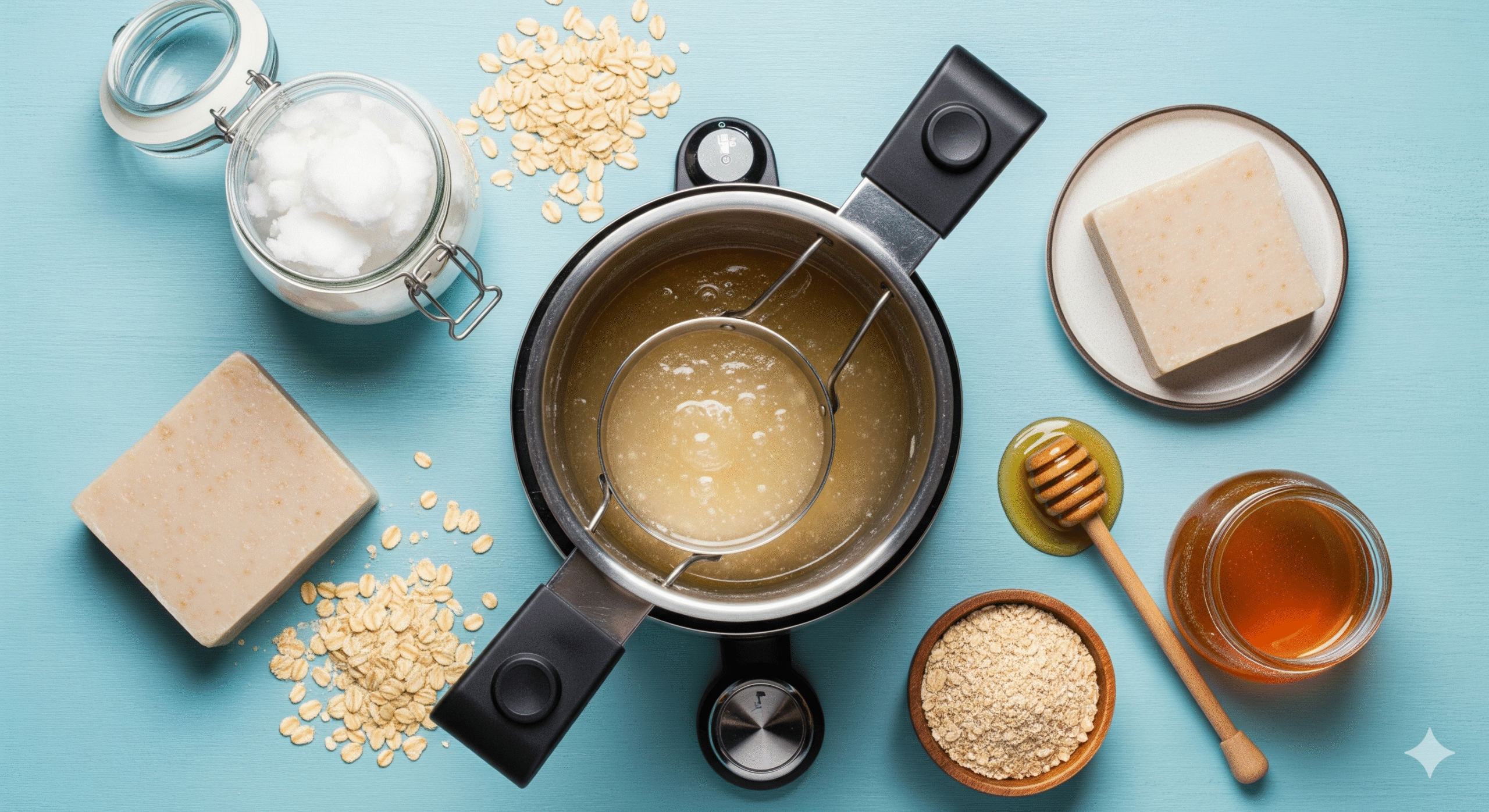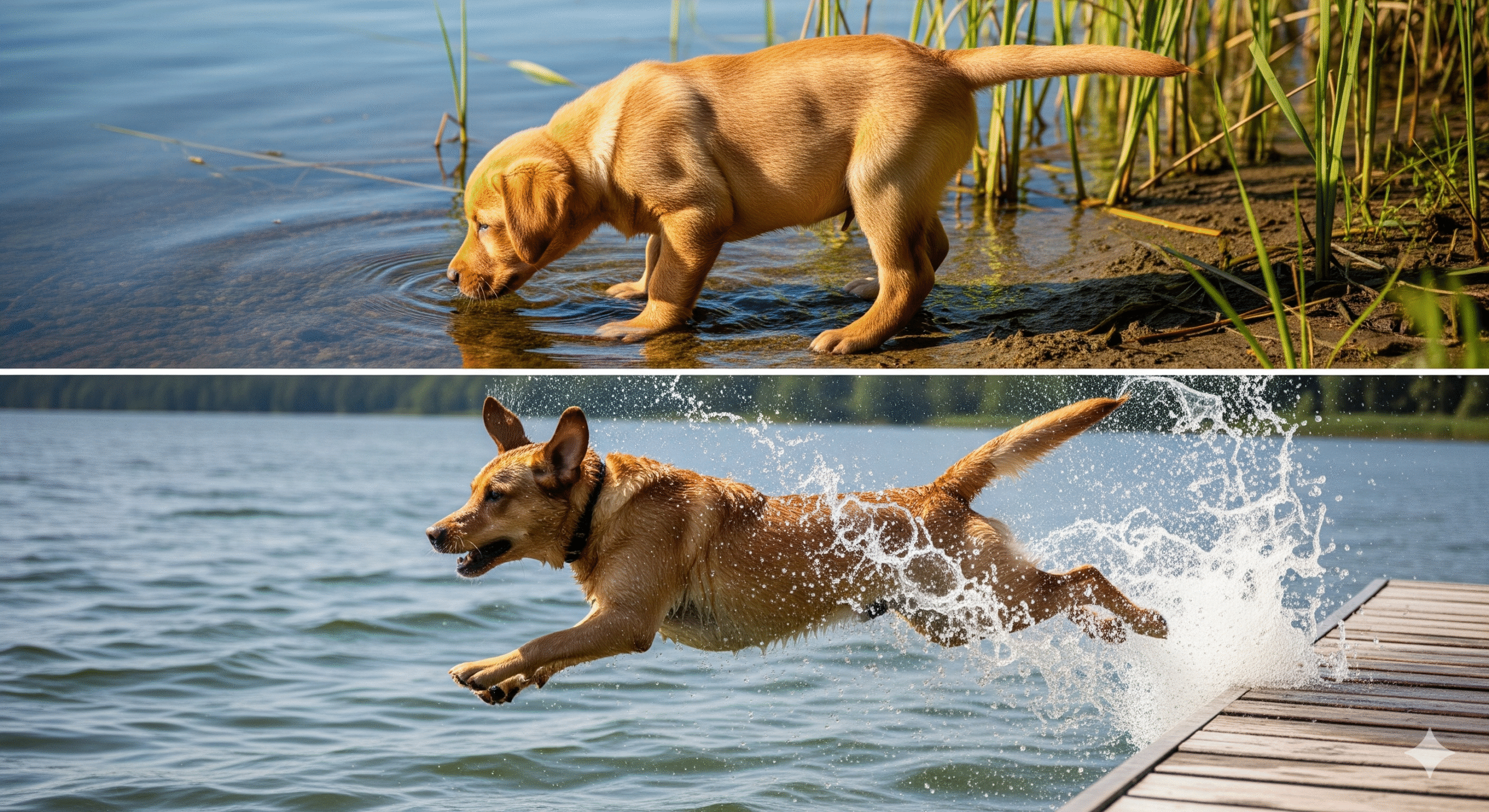Introduction
Puppy diarrhea is a common but worrying issue for pet owners. While occasional soft stool may not be alarming, persistent puppy diarrhea can signal serious health problems. 🚨 This guide covers the causes, treatments, and emergency signs so you can act fast and keep your furry friend safe.
Common Causes of Puppy Diarrhea
Puppies have sensitive stomachs, and diarrhea can stem from various factors:
1. Dietary Issues 🍗
- Sudden food changes – Switching brands too quickly disrupts digestion.
- Eating garbage/scraps – Human food (especially fatty or spicy) irritates their gut.
- Food allergies – Ingredients like chicken, beef, or grains may trigger reactions.
2. Infections & Parasites 🦠
- Viral infections – Parvovirus (a deadly illness) often starts with diarrhea.
- Bacterial infections – Salmonella or E. coli from contaminated food/water.
- Intestinal parasites – Roundworms, giardia, or coccidia cause chronic diarrhea.
3. Stress & Anxiety 😟
New environments, travel, or separation anxiety can upset a puppy’s stomach.
4. Toxins & Foreign Objects ☠️
Puppies chew everything! Ingesting toxins (plants, chemicals) or objects (socks, toys) leads to blockages and diarrhea.
How to Treat Puppy Diarrhea at Home 🏡
Mild cases often resolve with simple care:
1. Fasting & Hydration 💧
- 12–24 hour fast (for puppies over 12 weeks) lets their gut rest.
- Offer small amounts of water or Pedialyte to prevent dehydration.
2. Bland Diet 🥣
After fasting, feed:
- Boiled chicken + white rice (easy to digest)
- Pumpkin puree (fiber firms up stool)
- Gradual return to regular food over 2–3 days
3. Probiotics & Supplements 🦠
Probiotics (like FortiFlora) restore healthy gut bacteria.
When to Worry: Emergency Signs 🚑
Call the vet immediately if your puppy shows:
- Blood or black, tarry stool
- Vomiting + diarrhea (risk of dehydration)
- Lethargy or collapse
- Diarrhea lasting >48 hours
- Signs of parvo (fever, no appetite, foul-smelling stool)
Preventing Puppy Diarrhea 🛡️
- Slow food transitions (mix old + new food over 7 days)
- Avoid table scraps
- Regular deworming & vaccinations
- Keep toxins out of reach
Final Thoughts
While puppy diarrhea is often temporary, severe cases need vet care. Watch for red flags, act fast, and keep your pup hydrated!
CTA: Still concerned about your puppy’s health? 🐾 Schedule a vet visit today for peace of mind!

If your puppy is eating normally but still seems underweight or has a potbellied appearance, this could be a sign of a underlying health issue. A common culprit, especially in young dogs, is a parasitic infection that steals vital nutrients. For a complete breakdown of what to look for and how to handle it, please read our guide on Puppy Worms: Signs, Treatment & Prevention






